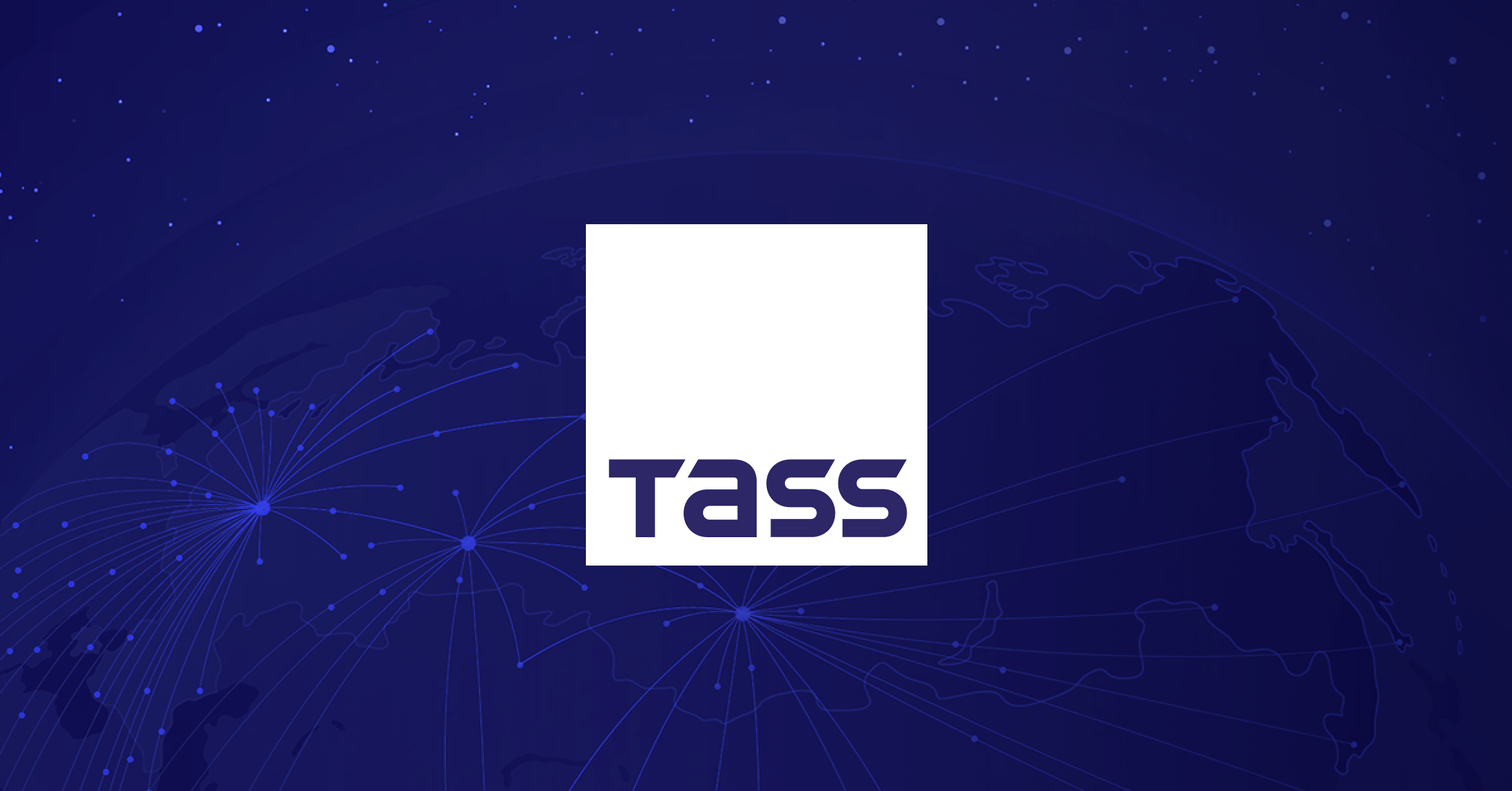MOSCOW, June 28. /TASS/. Falling inflation and cooling economy make it possible for the Russian central bank to reduce the key rate to 18% by September, and to 13-15% by the end of this year from the current 20%, head of the Russian Union of Industrialists and Entrepreneurs Alexander Shokhin told TASS.
“There is certainly scope [for reducing the key rate]: the inflation figures contribute to this, and the results of the cooling economy in some industries. There are even signs of hypothermia rather than cooling. This is why I think it is not a fact that the rate will decrease in July, but if the central bank makes it to September, the reduction should not be by one percentage point. This should be a decline that would affect the economic and financial situation in industry and other sectors. That is, I think it should be reduced to 18% already – at least. And by the end of the year, I think it should be 13-15%,” Shokhin said.
He said that at the St. Petersburg International Economic Forum the government’s economic bloc said that it was time to “warm up” the cooled economy.
“Naturally, we are not just waiting for the rate, but also inflation within acceptable limits. To be honest, I believe that there are guys in the central bank who can model the situation using complex models. But I have a feeling that, no matter how you look at it, you still get something like a formula where the rate is twice as high as inflation. If this is the case, then by the end of the year, the inflation forecast of the Ministry of Economic Development is 7-7.5%. The central bank also has a similar forecast. Well, this is why the rate should not exceed 15, if we take this simple arithmetic model as a basis,” Shokhin explained.
According to him, these parameters will be acceptable for both business and the federal budget.
“Of course, 13-15% is the rate that is at the limit, but still allows you to use debt and reduce the cost of servicing of earlier loans. And, of course, this is not only about industry. We are still thinking about the budget, so as not to overpay while servicing the national debt, and spend a lot of money on a reduced, but still continuing budget momentum in terms of subsidizing interest rates on the key economic support projects,” Shokhin said.
